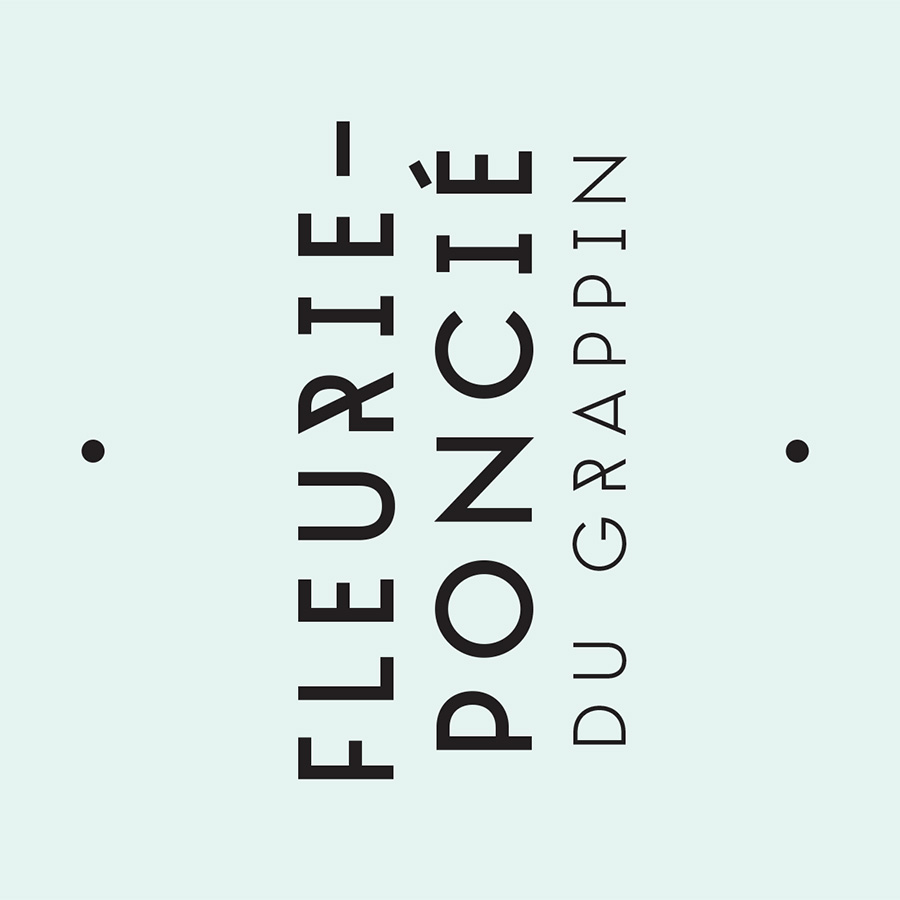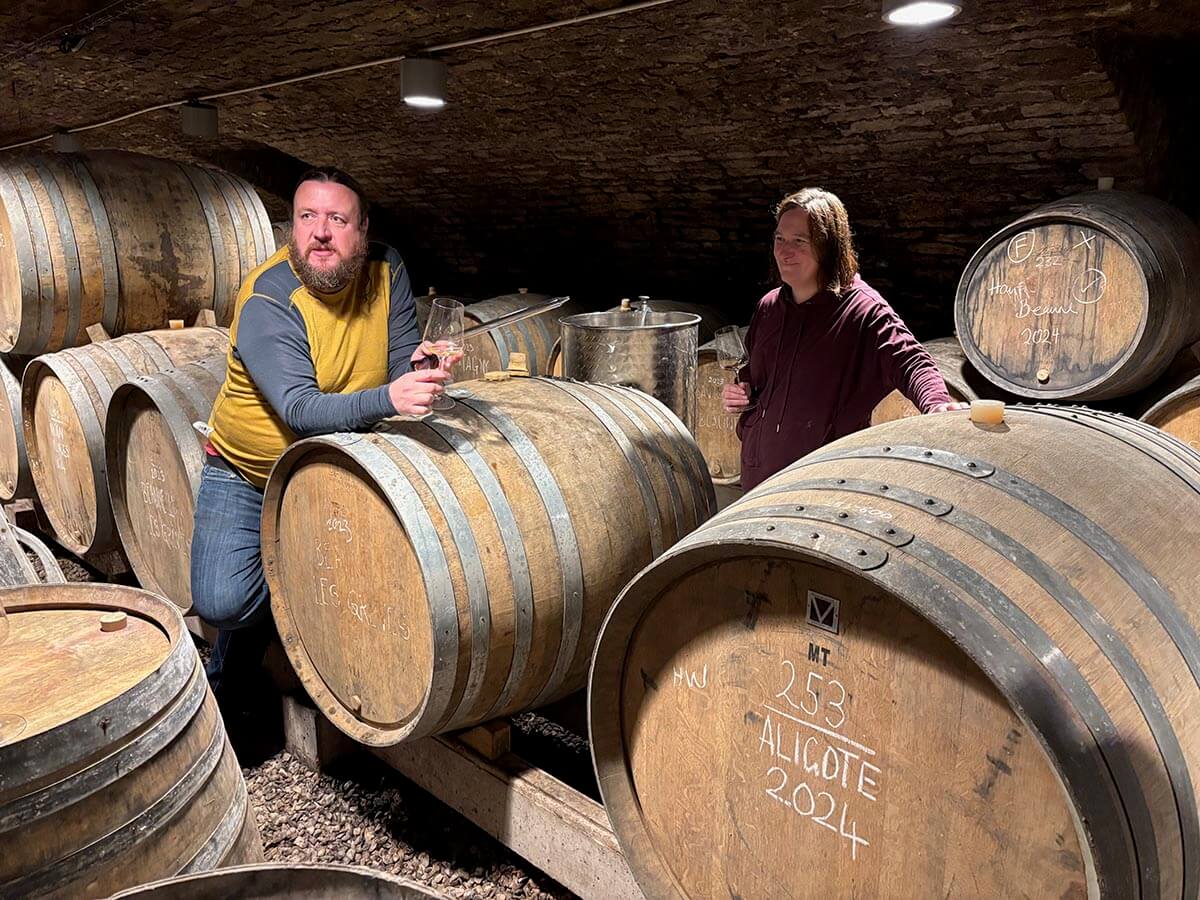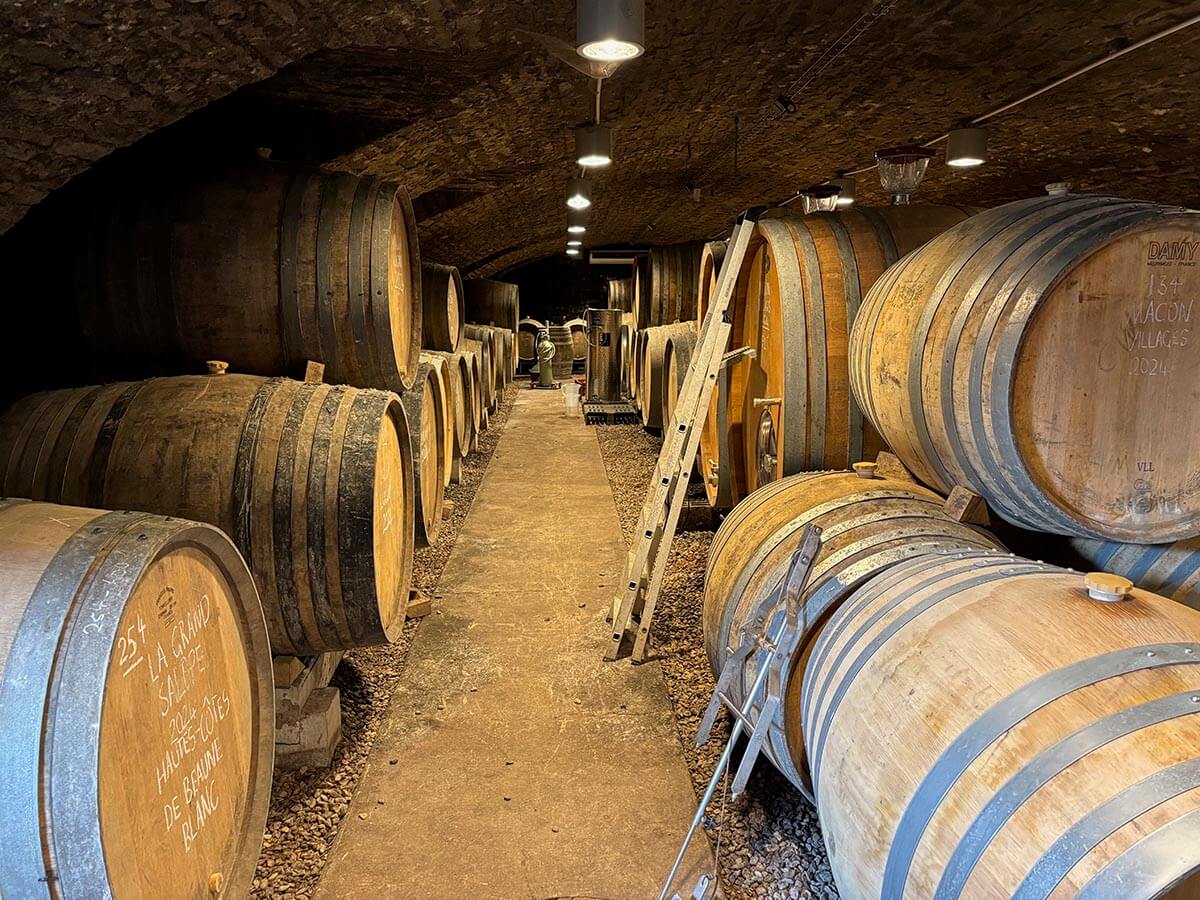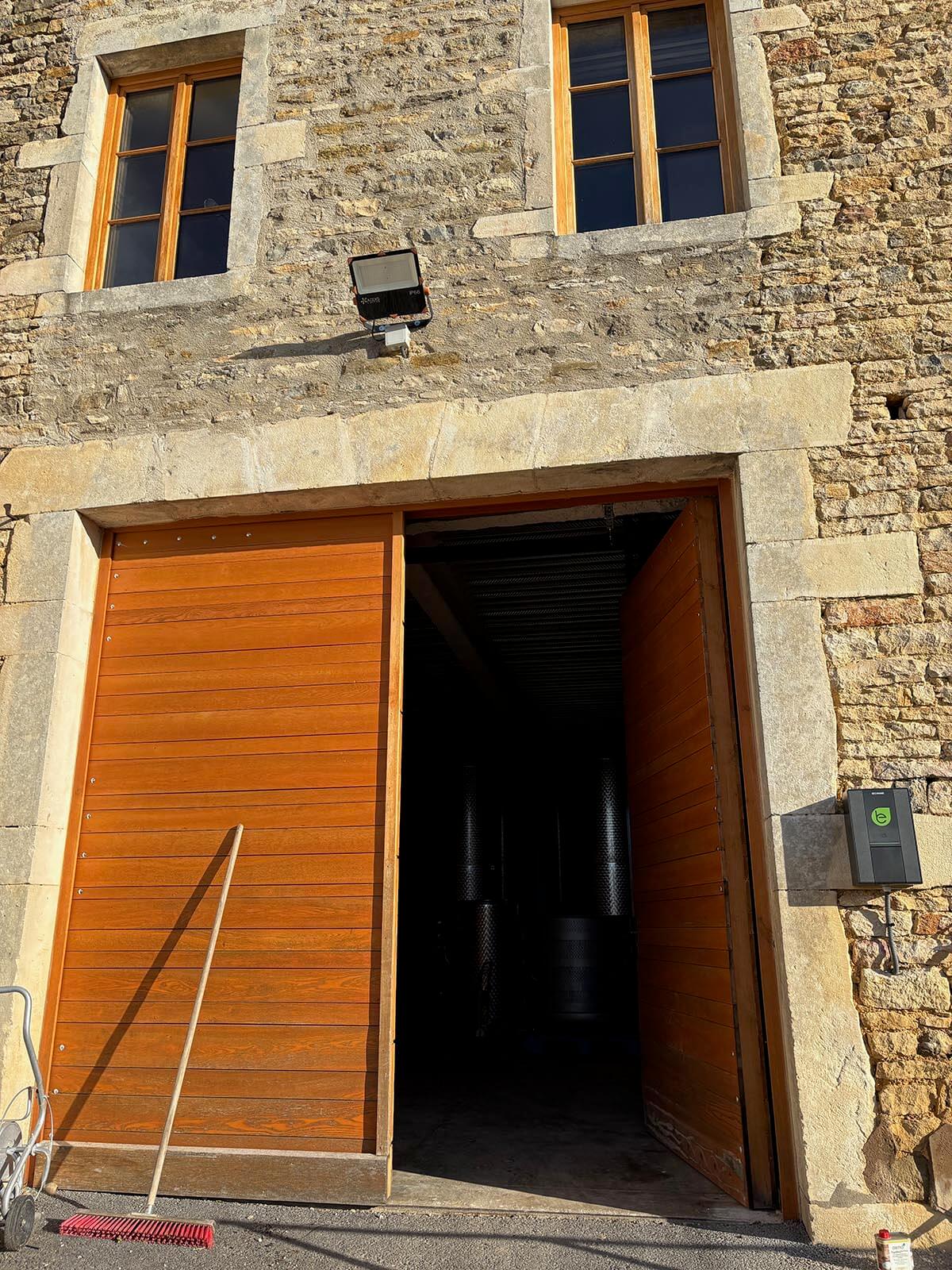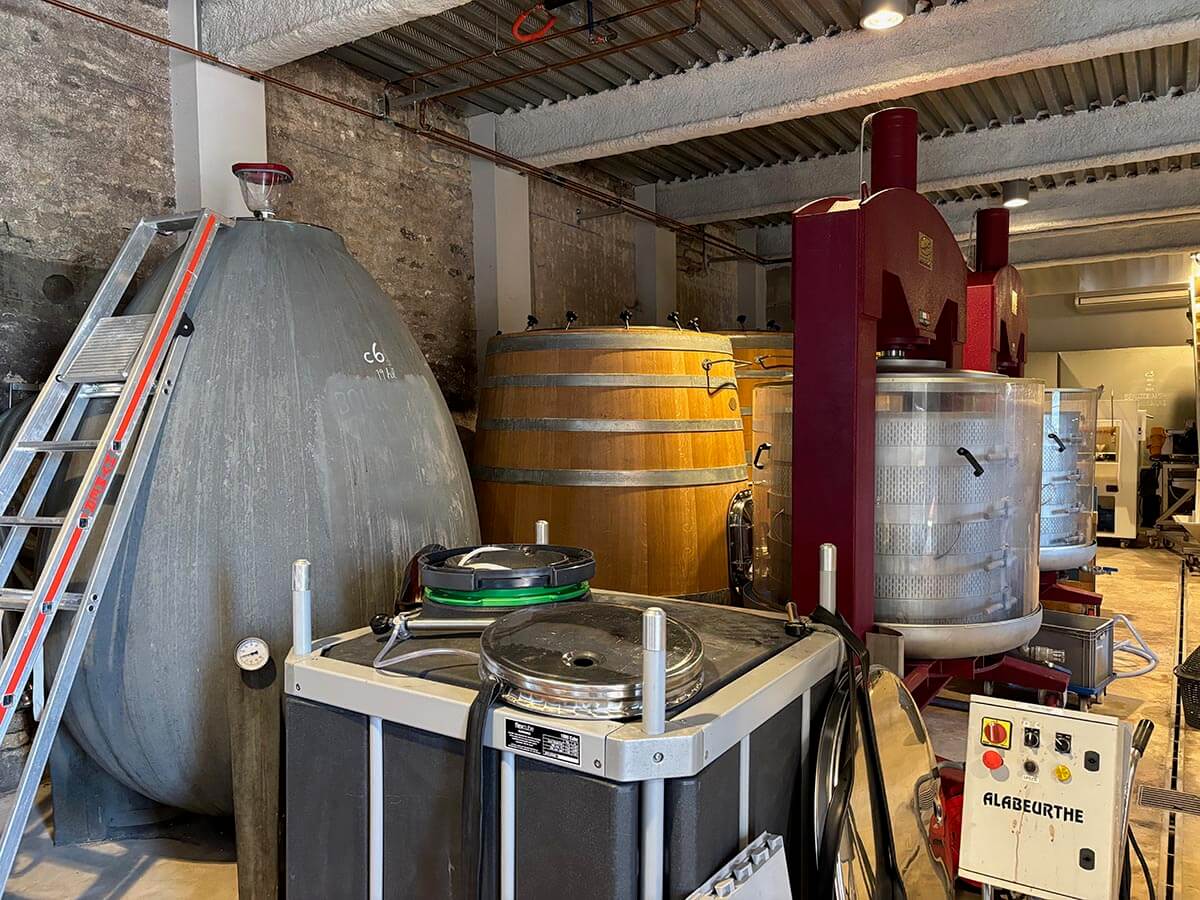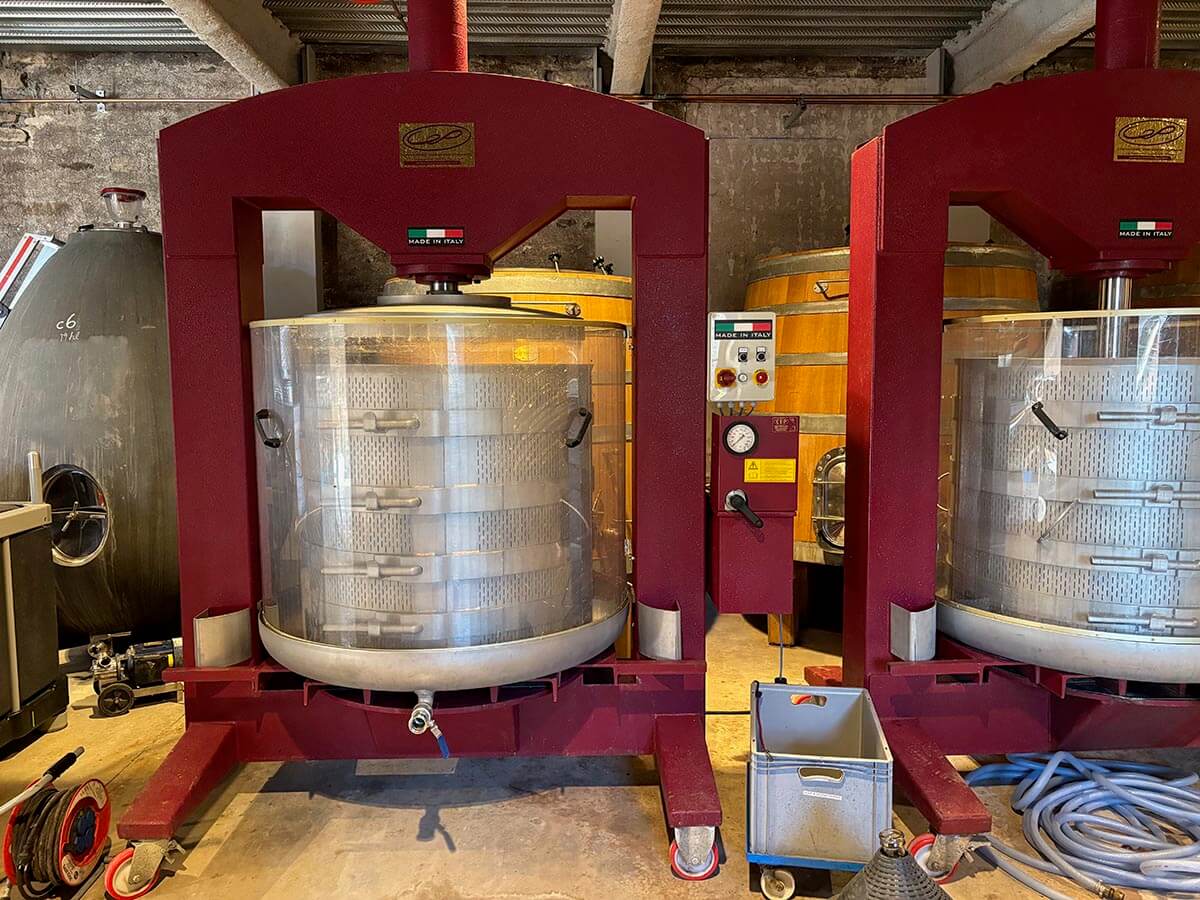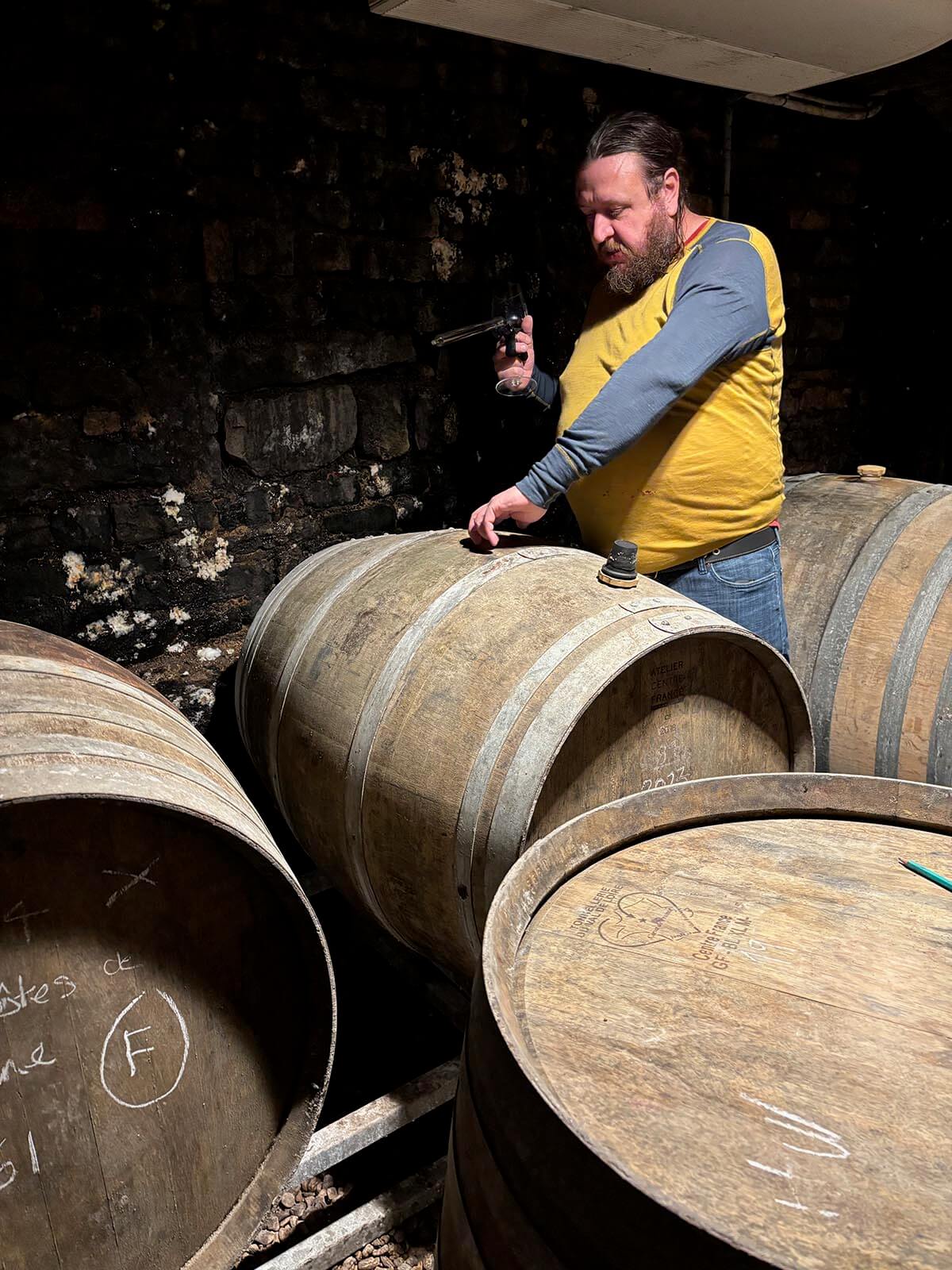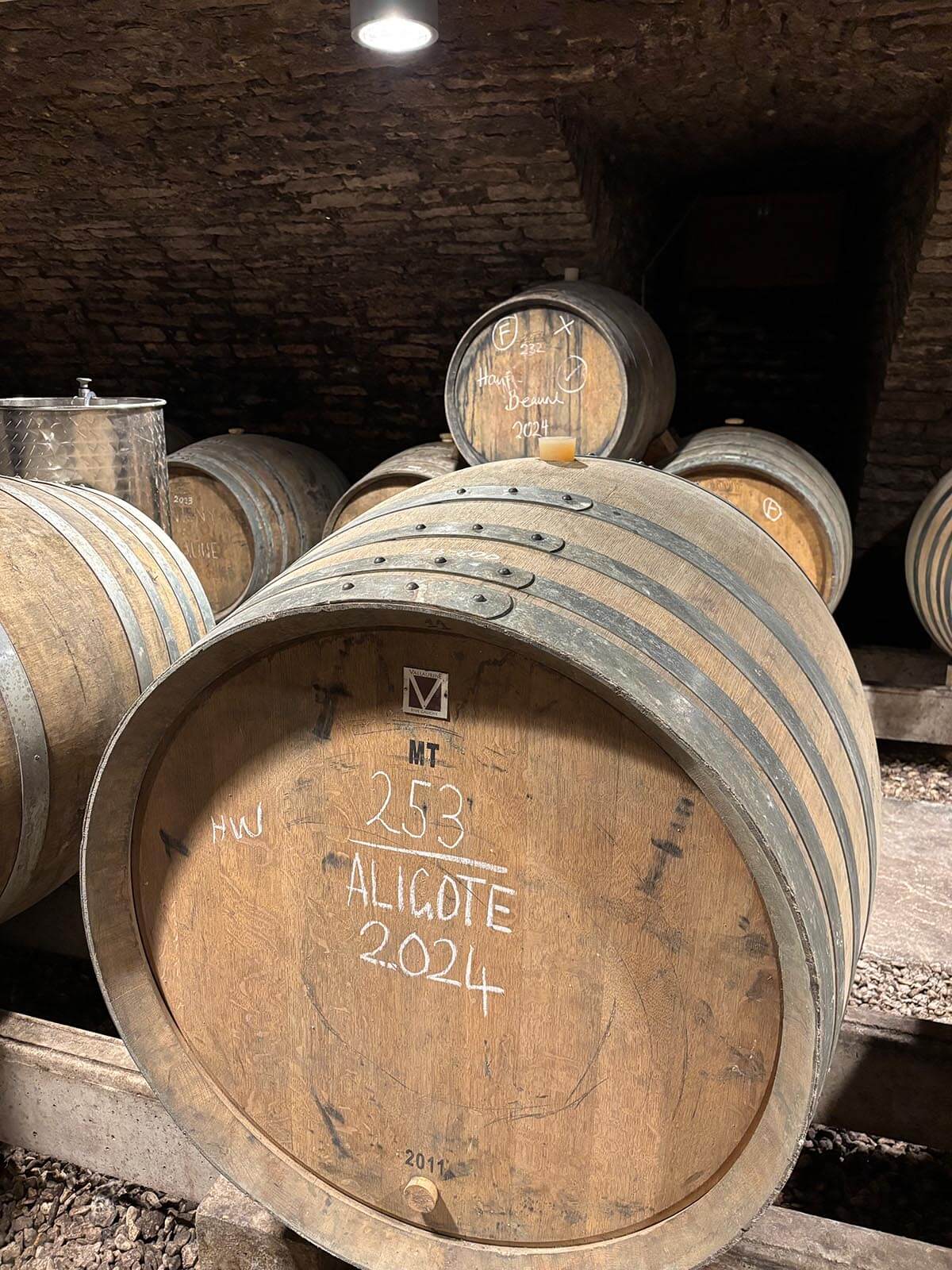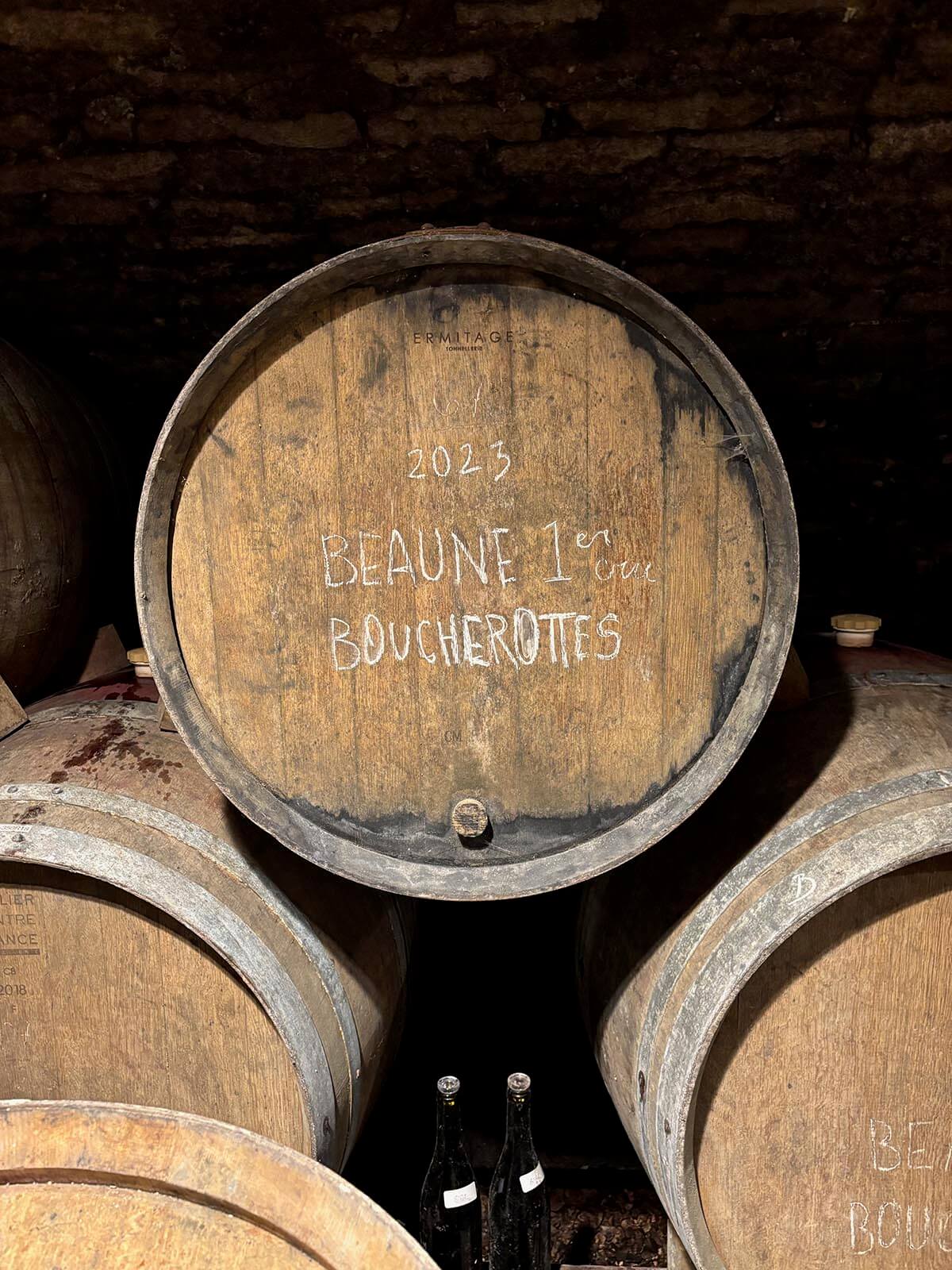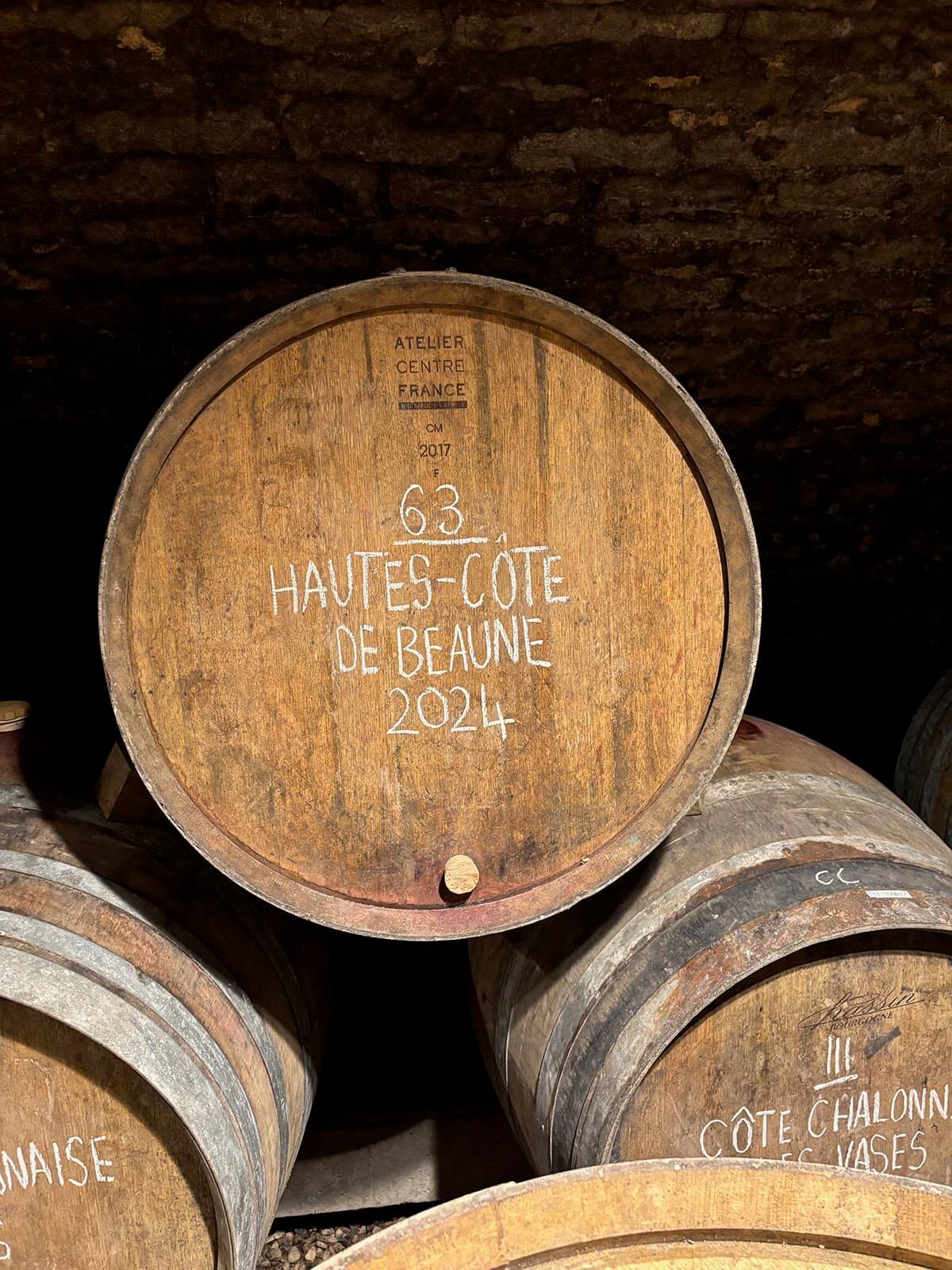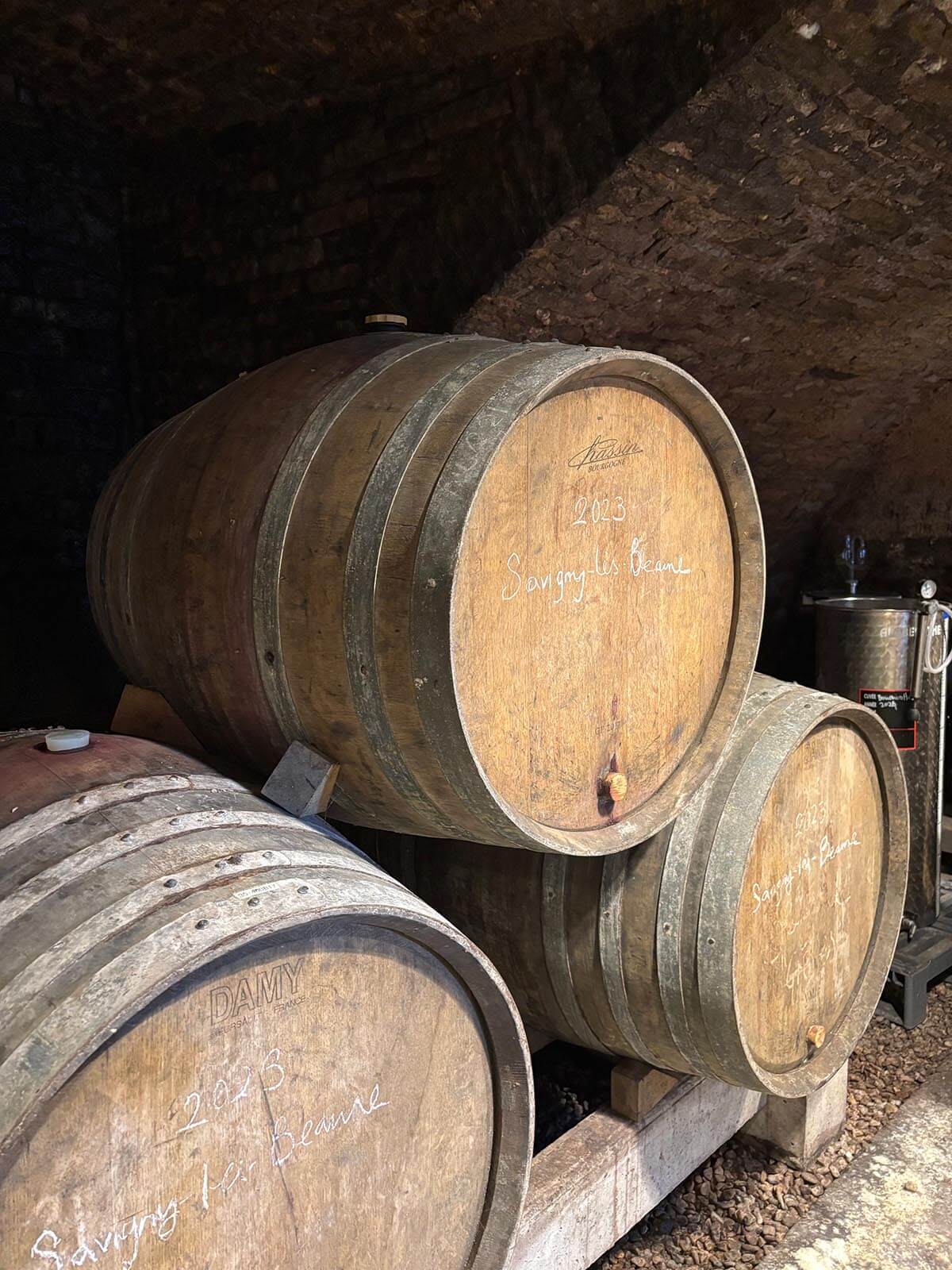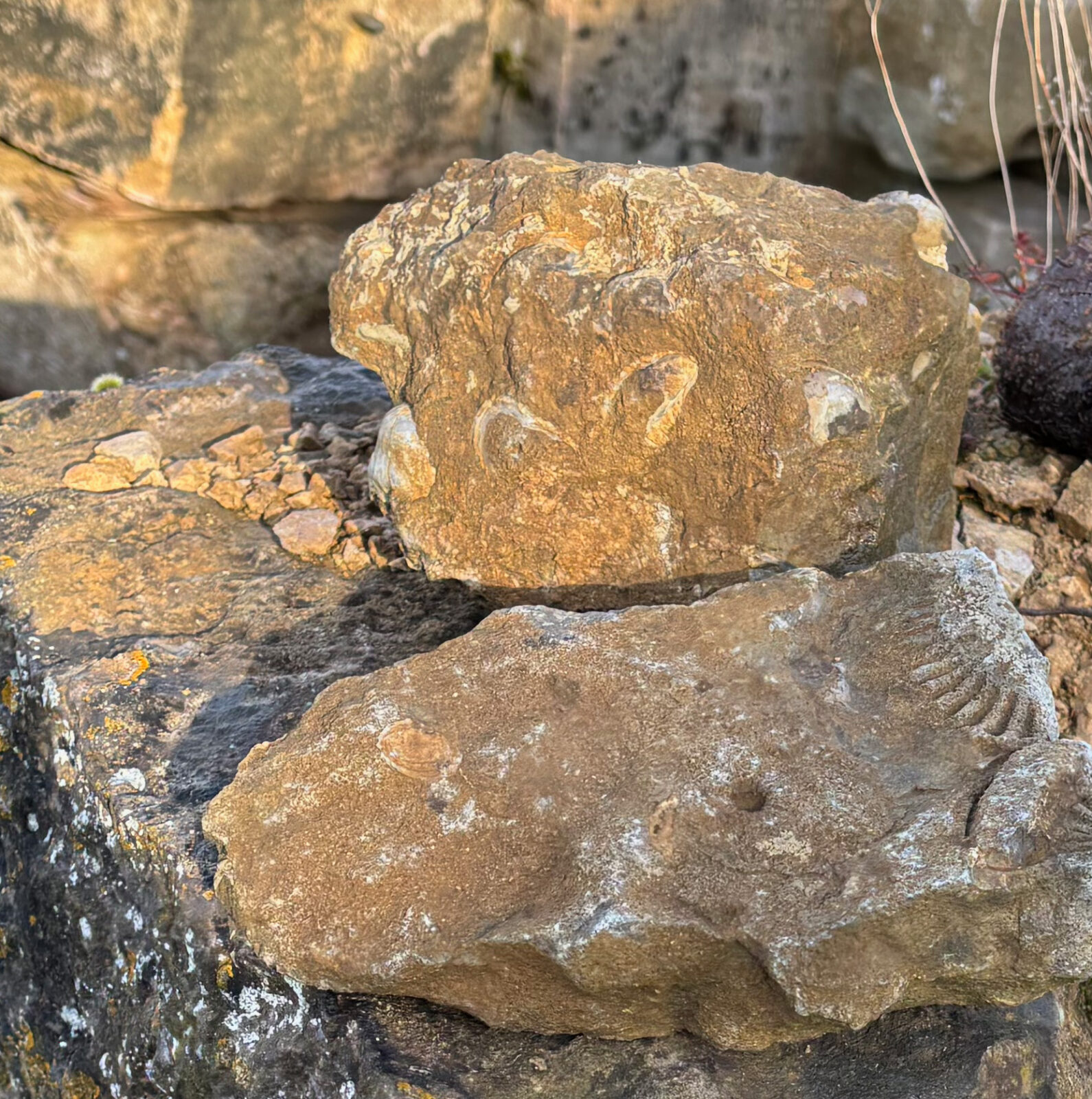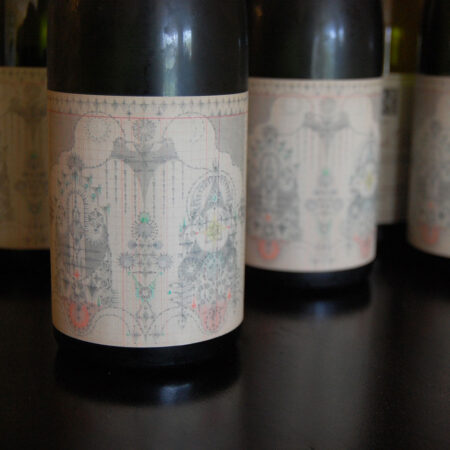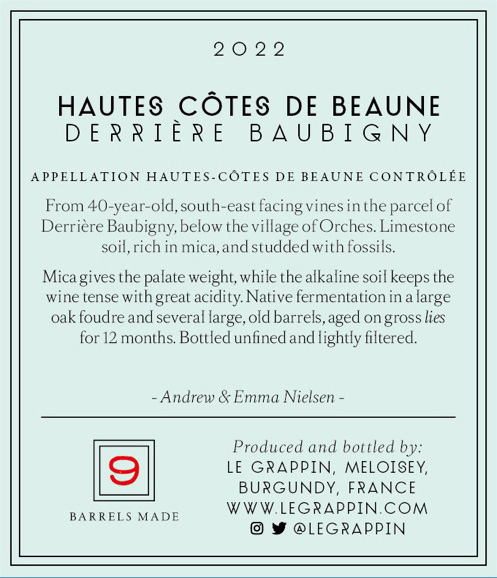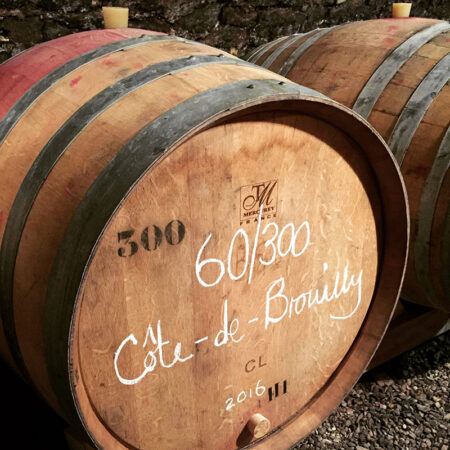Description
Notes from Winemaker Andrew Nielsen
Vineyard
From old vines, some up to 80 years-old, planted in soil made up of pink granite, quartz and mica. The pink granite, characteristic of the soils of Fleuri , with veins of milky-white quartz running through it has lead the unique soil here to being described as made up of “lardons”, due the large rocks of pink granite with layers of white quartz found throughout the vineyard. Our parcel is at the top of Haut-Ponci , the high altitude (350 m.a.s.) means fruit ripens late, leading to both elegant and concentrated aromatics, with vibrant acidity from cool nights. The vineyard is managed with a minimalist philosophy, with no hedging and only a yearly plowing in the spring. As such the vineyard teems with life as wildflowers unfurl in waves throughout the summer.
Vinification
For this wine we took our cues from the writings of Jules Chauvet, a scientist and negociant-winemaker, who in the 1960’s pioneered a no-sulfites-added method of vinifying Beaujolais wines, and is considered the father of the natural wine movement. What inspired us was his evidence-based, scientific approach to his method; it wasn’t for romantic reasons that led him down this path, but a belief that sulfites inhibited the process of turning grapes into the perfumed and pure glass of wine that was his life’s work. With his fermentation notes from the 1972 vintage as our touchstone, the hand harvested grapes, after being chilled overnight to 12 C, were placed into a concrete vat under cover of CO2 and were left untouched for 21 days without pump overs nor punch downs for what Jules Chauvet called a fermentation aromatique. After 21 days the vat was emptied and pressed, with the must finishing fermentation in concrete vats before 10 months with fine lies in a old large format barrels for suppleness and texture. Bottled unfined and unfiltered with minimal effective SO2.
About Le Grappin
Le Grappin make authentic wines from under-appreciated parcels in Burgundy and Beaujolais. They source fruit from the same single parcels of organically farmed vines each year. From their winery, in the Hautes Côtes de Beaune, they combine modern winemaking with traditional methods, eschewing additives and interventions.
The Nielsen’s started Le Grappin in 2011 following Andrew’s five-year journey working for some of the world’s great Pinot Noir and Chardonnay artisans in California, Central Otago, Burgundy, and the Yarra Valley and studying wine science. Emma joined in 2015 bringing her experience of marketing, events, and project management.
Their fruit is from vineyards farmed organically, working with the same growers each year, with some partnerships now lasting for more than 10 years. Fermentation is done with no additions, using strict sorting and hygiene to combat wine defaults, and serious vineyard work to avoid the need for sugar, acid or nutrient additions.
Whites are whole bunch pressed in hydraulic basket presses and fermented in a range of formats depending on the fruit – old oak barrels, concrete egg, wooden foudres and glass. Reds are fermented whole cluster in wood or concrete large tanks with ageing taking place in large-format old oak barrels, for up to two years depending on the vintage and the wine’s development.
Their Le Grappin labels showcase fine wines from the Côte de Beaune and Hautes-Côtes de Beaune, and Du Grappin, the more relaxed and restaurant-focused wines from Beaujolais, Mâconnais and Vézelay.
